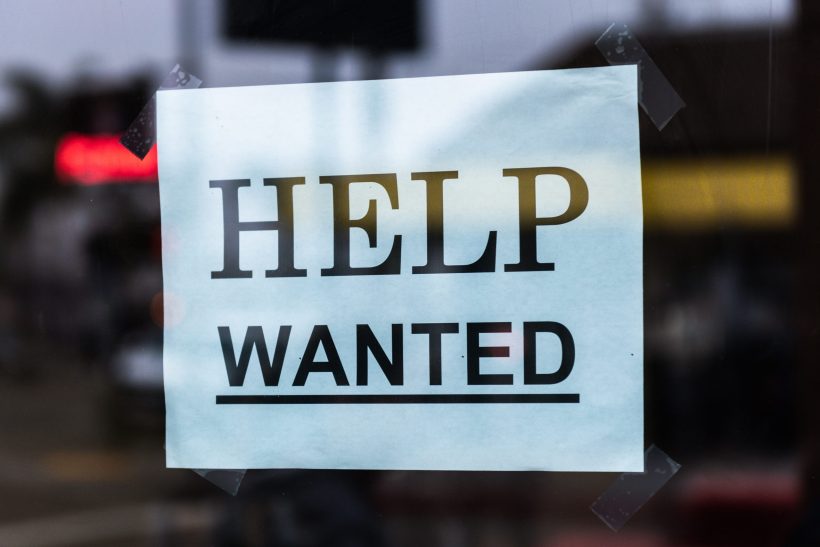“From whence comes my help?”
Our pup Zuzu is a curious creature who likes to sniff, well, everything. When she pokes her nose into whatever we’re doing (or trying to do), we joke that she’s “helping”—which, of course, she is not. Mostly, she’s in the way.
That’s often what “help” amounts to, isn’t it? There are a good many jobs I’d rather just do myself than let someone help me—though I confess that list of jobs gets shorter as I get older. Other times, I welcome an extra hand (but not usually a paw) to finish a job that’s bigger than I am—like canning twenty jars of salsa or designing a website or moving across the country.
The level of help required depends on the situation and the person in need.
But there have been times when I desperately needed someone to rescue me—like the afternoon I had a panic attack driving the Dan Ryan Expressway through Chicago or the night I couldn’t find my way out of downtown Minneapolis.
The level of help required depends on the situation and the person in need.
So, when the psalmist of Psalm 121 says his “help” comes from the LORD, what does he mean? Certainly not Zuzu’s kind of help. But in context, he doesn’t mean a helping hand either—assistance that he may or may not accept on a given day, depending on mood, level of fatigue, or sense of confidence.
“In English, without ‘help’ we might manage okay but a little less comfortably; in Hebrew, without ʿēzer [help] we would often be dead.”
John Goldingay
I like what commentator John Goldingay says about the word “help” in Hebrew (ʿēzer):
“Helping does not connote assisting people who are doing their part but rescuing people when they are helpless, people such as the wretched or the orphan, who have no protection and no resources. ‘Help’ is thus a rather feeble equivalent for ʿēzer, which suggests a powerful person taking decisive action on behalf of a weak person who is in dire need. In English, without ‘help’ we might manage okay but a little less comfortably; in Hebrew, without ʿēzer we would often be dead.”[1]
Goldingay points to several other psalms for examples of this kind of help:
- 94:17—Unless the LORD had given me help, I would soon have dwelt in the silence of death.
- 107:12—So he subjected them to bitter labor; they stumbled, and there was no one to help.
- 118:13—I was pushed back and about to fall, but the LORD helped me.[2]
In Psalm 121 the dangers are real. The psalmist is embarking on a long journey—without a cell phone, GPS, or AAA. He recognizes that capital-h Help is needed. More importantly, he knows where to find it.
And so do we.
[1] John Goldingay, Psalms. Volume 3: Psalms 90-150,* Baker Commentary on the Old Testament Wisdom and Psalms), Grand Rapids: Baker Academic 2008), 757.
[2] All references are from the NIV.
* Affiliate link
Photo by Tim Mossholder on Unsplash



I appreciate your clarifying the two kinds of help. My church has changed some of the words of “Come Thou Fount” to make it more accessible. But I still sing the words I grew up with–“here I plant my Ebenezer”–which will be richer the next time we sing it!
Thanks, Judy! Ah, yes, the Ebenezer– eben (stone) + ezer (help) = stone of help (1 Sam 7:12). 🙂
Thank you, Wendy! I loved learning this and desperately need it! You have a gift for making deep, scholarly thing’s easy to understand.
Thanks, Donna! I think we all desperately need the help…but you are wise enough to admit it. 🙂